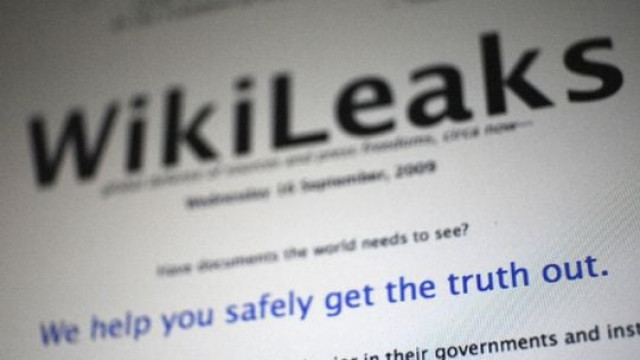On leaked documents and Pakistan's denial
One of the key elements of the Wikileaks documents concerns the activities of former ISI head, Hamid Gul.

While the data is still being analysed by journalists across the globe, the Guardian, NYT and Der Spiegel have summarised the key events on their websites and have provided interactive maps to understand the scope of the reports.
Hamid Gul in focus
One of the key elements, and one that concerns Pakistan in particular, is the mention of Hamid Gul, the former head of Pakistan's Inter-Services Intelligence (ISI). Two of the incidents he is listed in are excerpted below:
On approximately 17 December 2006, following a meeting between senior members of the Taliban leadership in Nowshara, Pakistan, which included General Hamid Gul, the former Chief of Inter-Services Intelligence (ISI) Directorate of Pakistan. During this meeting Gul claimed he dispatched three unidentified individuals to Kabul City to carry out IED attacks during the Eid celebration. Gul instructed two of the individuals to plant IEDs along the roads frequently utilized by Government of Afghanistan (GOA) and ISAF vehicles. The third individual is to carry out a suicide attack utilizing a suicide vest against GOA or ISAF entities. Reportedly Gul's final comment to the three individuals was 'make the snow warm in Kabul', basically telling them to set Kabul aflame.
Gul makes another appearance in the documents:
On 5 January 2009, from 2100 to 2300 hours local time, AAF commanders (Nazir), (Hallimullah), (Malang) based in Wana, South Waziristan Agency, Federally Administered Tribal Areas (FATA), Pakistan, held a meeting to discuss their plans to avenge the death of Zamarai. The meeting was conducted at the residence of Haji (Yacoub) in Wana. Also in attendance were three unidentified older Arab males, who were considered important. At least one of the three unidentified Arabs in attendance was proficient in the Pashtun language and the Arabs were accompanied by approximately 20 Arab bodyguards. (Hamid Gul), a former member of Pakistan's Inter-Services Intelligence (ISI), was in attendance at the meeting also.
Deny everything
Hamid Gul, who is listed in eight reports, has denied any involvement in these incidents. He told Al Jazeera:
"I have no involvement whatsoever. I'm not involved because I have no means and no wherewithal. This is absolutely, utterly wrong."
Pakistan's ambassador to the US Husain Haqqani has similarly denied the reports. According to APP:
“Leaking of unprocessed reports from the field is irresponsible. These reports reflect nothing more than single source comments and rumors, which abound on both sides of the Pakistan-Afghanistan border and are often proved wrong after deeper examination,” Haqqani said.
The documents circulated by Wikileaks “do not reflect the current onground realities... The United States, Afghanistan and Pakistan are strategic partners and are jointly endeavoring to defeat al Qaeda and its Taliban allies militarily and politically,” he added.















COMMENTS
Comments are moderated and generally will be posted if they are on-topic and not abusive.
For more information, please see our Comments FAQ